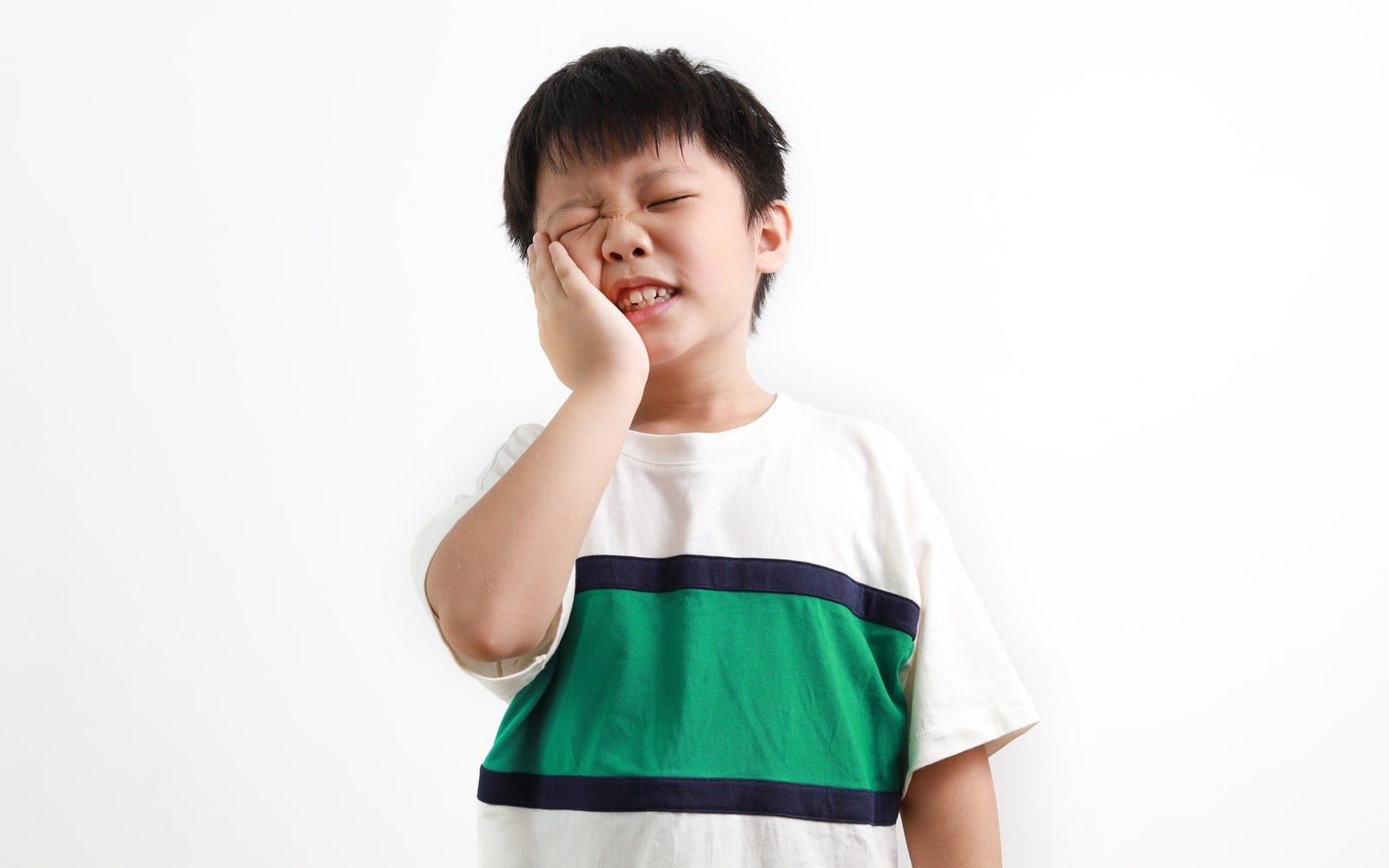Dental Concerns Faced By Young Patients As They Develop

Children are always known to be resilient, and if they have baby teeth issues, most parents wouldn’t worry too much since those teeth will fall out anyway. But there’s a lot to consider when it comes to your kid’s teeth. Cavities are cavities, no matter the stage of the tooth. The consequences of untreated cavities are infection, pain, and further decay, which then results in tooth loss. A child that experiences tooth pain often experiences it differently than adults, and it’s important to care for these teeth, even if they’re baby teeth, to prevent any dental issues from affecting their adult teeth.
From Baby Teeth To Adult Teeth
Baby teeth are temporary, and at some point, they will fall out and get replaced with their adult teeth. To understand how baby teeth can affect adult teeth, knowing the basics behind how teeth transition premature to adult can help. Here’s our short description of how this occurs:
- First Tooth: Most likely, your child’s first tooth will develop around age 4, and in between the ages of four and 5, the rest of the baby teeth will come in.
- Develop Adult Teeth: At age five, the adult teeth will begin to form in the jawbone. Once these teeth are completely formed, the eruption process begins.
- Eruption of Teeth: During this stage, the molars, incisors, and canines will erupt throughout the child’s mouth between six and 13 years old. In between the ages of six to eight, the first molars, central incisors, and lateral incisors will erupt. In between nine and 13 years of age, the canine teeth, premolars, and second molars will then erupt afterward. Throughout all this, the baby’s teeth will become loose and fall out, and the gums can be particularly painful during this time.
- Wisdom Teeth: Lastly, in between the ages of 17 and 21, the wisdom teeth come in, which ultimately need to be extracted due to the impact they can have on the jaw and the adjacent teeth.
Because their jaws are still growing, your pediatric dentist may offer different solutions as a temporary measure until they turn 18. However, even with the temporary measures in place to heal those teeth, maintaining your child’s oral health matters because their oral health can contribute to dental problems in the future.
Oral Health Concerns Faced By Very Young Children
When a baby’s teeth transition into adult teeth, having issues such as cavities, gum disease, and poor jaw alignment can affect how the adult teeth come in to replace them, ultimately harming their mouths in the long run. This is often due to how:
- Baby teeth have thinner enamel, meaning cavities can spread quickly throughout the mouth than in adult mouths
- Injuries to the jawbone can lead to permanent tooth discoloration
- Missing baby teeth from decay can prevent the adult tooth from erupting, leading to crooked and misaligned adult teeth.
In these cases, a child’s confidence in their smile can suffer greatly, and having oral infections as a child can also present some serious risk factors when they become adults. If you’re concerned about your child’s baby teeth and want to help transition them better, the best resource you can find for more information is through your pediatric dentist.

